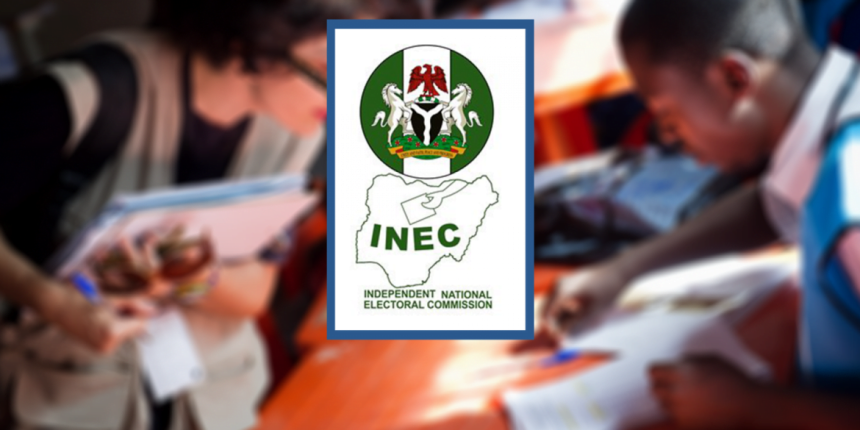The Independent National Electoral Commission and the National Bureau of Statistics held their first-ever meeting on Tuesday to explore areas of collaboration, focusing on data sharing and the strategic use of public infrastructure to drive national development.
During a courtesy visit by the Statistician-General of the Federation, Adeyemi Adeniran, to the INEC headquarters in Abuja, Chairman of INEC, Professor Mahmood Yakubu, expressed enthusiasm over the new partnership.
Yakubu commended the NBS for coordinating what he described as “the largest official database on all aspects of national life in Nigeria,” while emphasising INEC’s own critical role in maintaining the country’s most extensive database of adult citizens, used exclusively for electoral purposes and protected by law under the National Data Protection Act.
The discussion also touched on leveraging INEC’s extensive network of electoral infrastructure for broader national benefits beyond elections. Professor Yakubu cited the commission’s cooperation during the COVID-19 pandemic as a precedent for such collaboration.
“You may recall that following the outbreak of the COVID-19 pandemic five years ago, we worked in synergy with the Presidential Task Force and the Nigeria Centre for Disease Control by deploying some of our vehicles, which are national assets.
“We are always willing to partner with national agencies within the confines of the law while maintaining our independence. We regard our partnership with NBS in this context,” he said.
The INEC chairman also called on the NBS to include data on the condition of public facilities — particularly primary and secondary schools used as polling units — in its periodic national surveys. These schools, he said, often lack essential amenities such as electricity, water, and accessibility features for persons with disabilities, which affects both electoral processes and general public use.
“Stakeholders, especially the National Youth Service Corps and groups representing persons with disability, have appealed to the commission to improve these facilities.
“We urge the NBS to add these concerns to the statistics on the state of public facilities that you periodically publish,” Yakubu stated.
INEC offered access to its Atlas of Electoral Constituencies and the Electoral Facilities Locator, available on its website, to aid in the identification and assessment of these facilities across the country.
Reaffirming INEC’s commitment to national development, Yakubu concluded, “We welcome this partnership with NBS in keeping with our commitment to synergise with every national institution to strengthen electoral activities in Nigeria.”
In his remarks, the Statistician-General expressed optimism about the partnership, noting that both institutions have crucial roles to play in strengthening governance through accurate data and reliable electoral processes.
Adeniran underscored the importance of collaboration with INEC in the validation of administrative statistics, stating, “A significant share of the data required to achieve the Sustainable Development Goals will come from administrative sources, not surveys.
“Agencies like INEC produce essential data on a daily basis that must be effectively utilised.”
The Statistician-General also announced plans to expand the Integrated System of Administrative Services, a digital platform currently connected to 15 MDAs that allows for real-time data sharing.
“We aim to bring INEC onto this platform so data can be shared seamlessly in real time,” he said. “This collaboration will benefit both institutions and the nation at large.”









